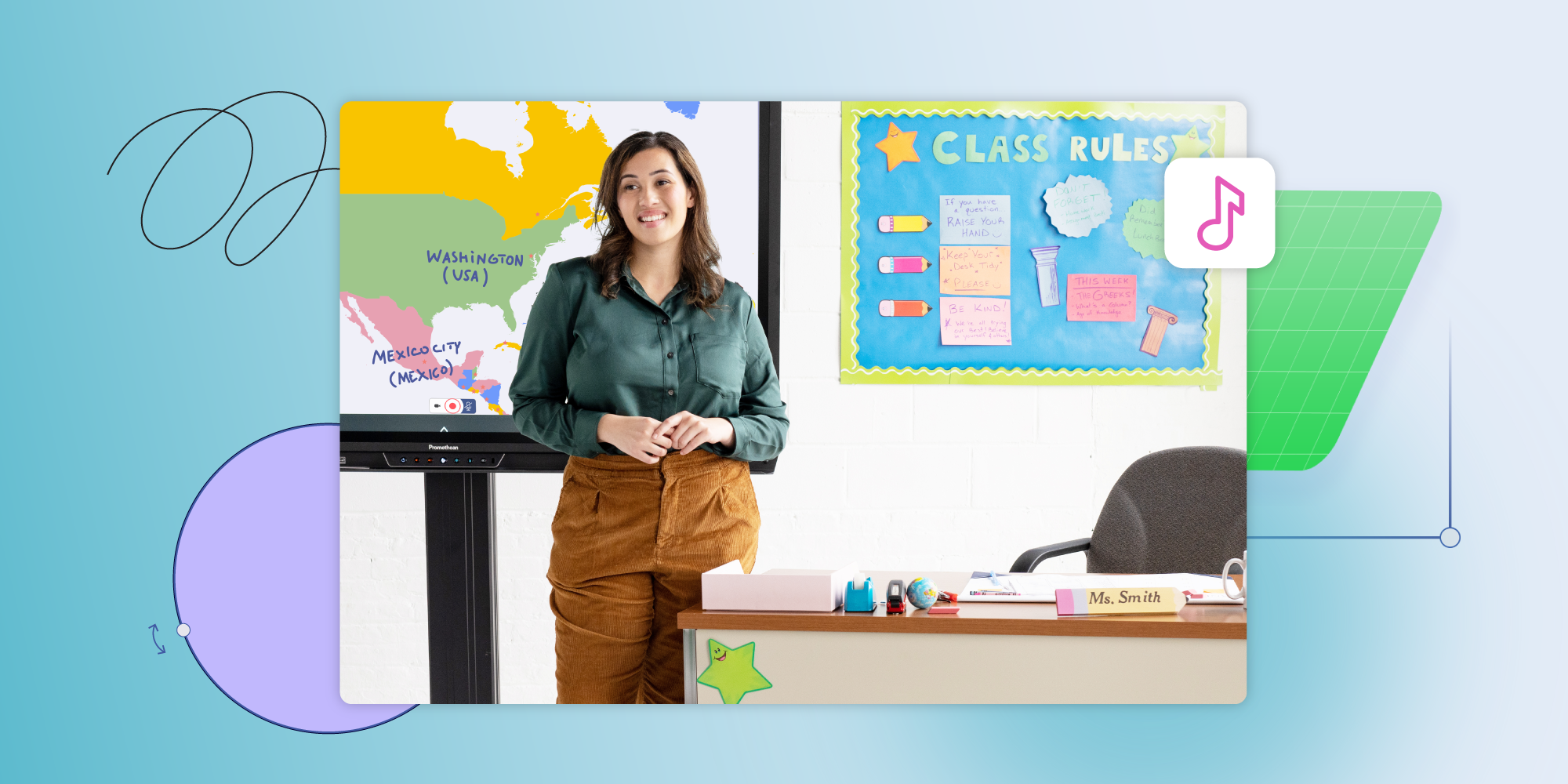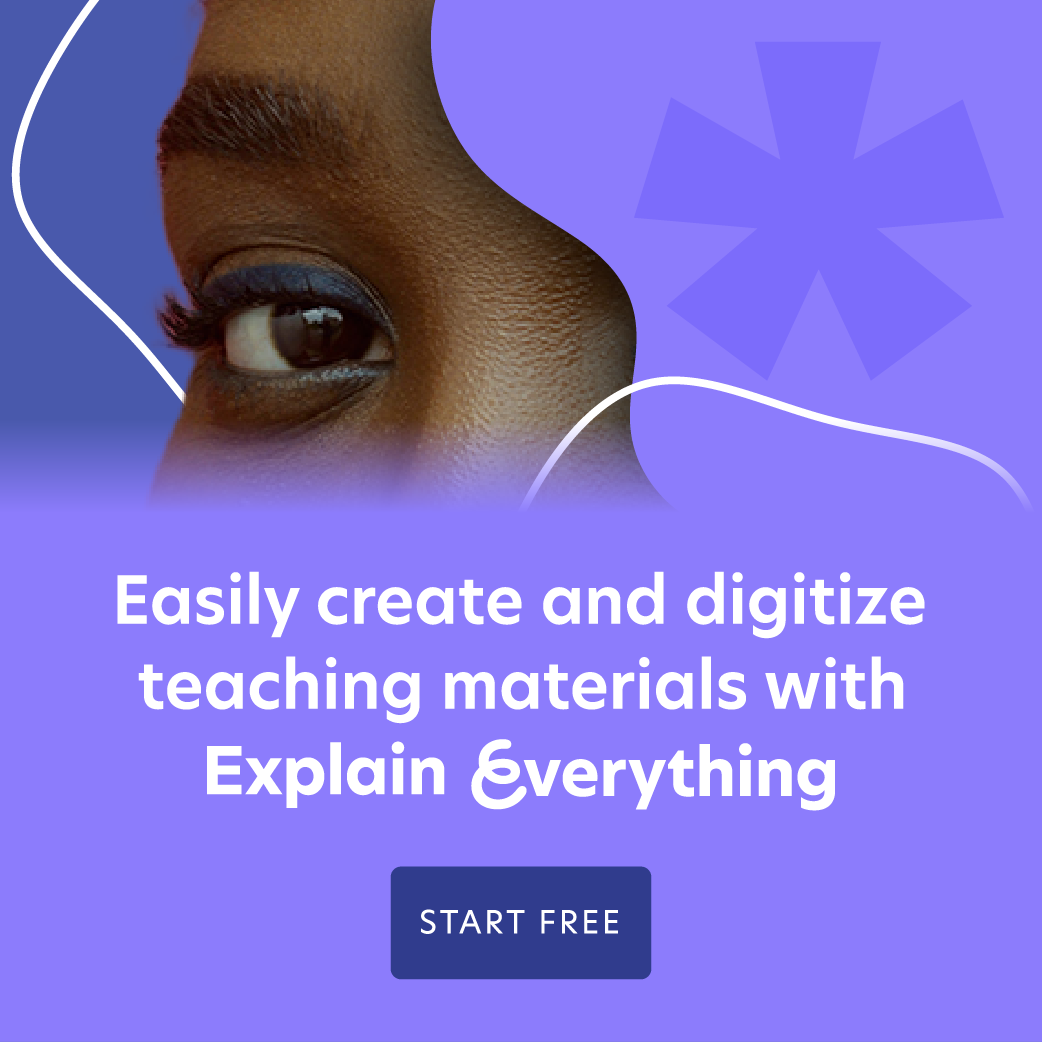15 Tips for First Year Teachers

Table of Contents
How Do I Have a Successful First Year of Teaching?
As many seasoned educators will tell you, that first year of teaching is as daunting as it is exciting. Despite all your training, nothing can quite prepare you for a real classroom. However, as overwhelmed as you might feel, some sage advice from those who have already been through it can make a world of difference.
Below, are 15 tips that’ll help you ease into your first year as a professional teacher.
1. Ask Questions
As a young teacher, the best thing you can do is ask questions. From feedback on lesson plans to personal development ideas and how to deal with upset parents, make sure you speak with your mentor (or a veteran teacher on campus) about it. Trying to handle these things on your own will put unnecessary stress on top of an already demanding workload.
2. Celebrate your Successes
It’s easy as a first-year teacher to feel like almost everything you do just isn’t quite up to scratch. So, remember to give yourself a break and celebrate the wins as they come. No one expects you to know everything right away and if you don’t acknowledge your successes, you’ll be missing out on one of the best parts of being an educator.
3. Planning
It may sound simple, but good planning is essential for a young educator. Whether it’s student administration at the beginning of the year or designing a system for tracking assignments, solid planning helps you to structure your weeks and build routine in the classroom.
4. Learn and Bounce Back from Your Mistakes
As a first-time teacher, mistakes can often seem much more serious than they really are, so it’s important to learn to bounce back from them. One of the best ways to do this is by amending and learning from your errors. Mistakes are an inevitable part of the craft, so use them to inform your teaching, instead of hindering your performance.
5. Get to know your Colleagues
One of the best resources you have as a first-time educator is the person next door. As a teacher, you’re part of a much bigger team; whatever you are facing for the first time, your colleagues have also faced too. So, get to know them early and use their wisdom to inform your teaching.
6. Create Meaningful Relationships with Your Pupils
As one of the most important aspects of a well-functioning classroom, meaningful relationships with your pupils are a must from day one. Spending time getting to know your students will lead to fewer behavioral issues and a more engaging teaching environment.
7. Make your Classroom More than a Workspace
Now, this may not apply to all first-time teachers, but if you have a designated classroom, make it your own. Display your students’ work where possible and put up inspirational posters if you can. You and your students are going to be spending a lot of time in that room, so make it feel comfortable and welcoming (for you and them).
8. Build a Support Network
There’s no getting away from the fact that teaching is hard. Investing time and energy into the well-being of students can be both rewarding and draining. That’s why you need to build a solid support network early on. Whether it’s friends, family, or other teachers in the school, having people to lean on will help you through the difficult parts of your first year.
9. Don’t Do Everything
As a new educator, it’s important to create an environment where your students are able to learn effectively and efficiently. This means your students should be working as hard as youin the classroom. Set work where possible and engage the pupils in your lessons, as opposed to telling them what to learn.
10. Make your Teaching Plans Flexible
When it comes to teaching, you have to plan for the unexpected too. Many teachers today are turning to digital teaching tools to give them the flexibility to change lessons at a moment’s notice. Try uploading and storing your modules to a software like Explain Everything, so you can access all the materials you need in two clicks.
11. Try Not to Label
As a new teacher, many of the different theories and ideas from your training will be fresh in your mind. Although it’s good to be able to categorize your students and apply the latest techniques, labels can do more harm than good. Remember, people are dynamic and labels in practice can be limiting.
12. Maintain Selfcare and an Outside Perspective
Most educators will tell you that teaching is a passion and a calling, which is why it’s important to not lose yourself in the classroom during your first year. Maintaining good self-care routines and your own personal interests will make you a more attentive and productive teacher in the long run.
13. Cutdown on Paperwork
From marking assignments to handouts and presentations, your first year of teaching is going to involve a lot of paperwork. Make your life easier by centralizing your teaching notes and coursework with a digital teaching software like Explain Everything. With the ability to connect and interact with multiple devices in real-time, there’s no need to print carry and multiple documents around anymore.
14. Get to Know the Rest of the Staff
A school is not just a place where teachers work, there are many other important jobs that keep the school running from one week to another. Make sure you get to know the office staff and the custodians, as they’ll be an important source of aid and support in times of need.
15. Vary your Teaching Methods
Unfortunately, there is no one way to reach students born in the digital age. So, when one way isn’t working, it’s best to take a breath and try something different. Playing a game or making textbooks interactive are great ways to communicate with your pupils if they start to disengage. Moreover, Explain Everything provides users with a wide range of different templates to allow students to engage in different activities in different ways.
Concluding thoughts for your first year success
Embarking on your first year of teaching is an undoubtedly challenging yet immensely rewarding journey. The transition from theory to practice is a formidable task, but armed with the invaluable insights provided by seasoned educators, you can navigate the initial hurdles with greater confidence. Remember to embrace the power of questions, celebrate your successes, and prioritize meticulous planning to establish a solid foundation.
Explain Everything can help you to make sure that your first year of teaching runs smoothly, whilst also enabling you to foster an engaging and interactive classroom atmosphere. Get started for free today.
FAQs for First Time Teachers
What is the first thing a teacher should do?
The first thing a teacher should do is set the tone and routine of the classroom. It’s best to start with a good and flexible lesson plan to structure the day. You can then use this structure to begin the process of connecting with your students.

